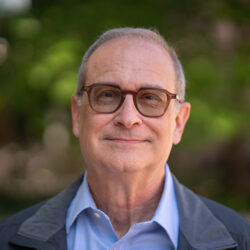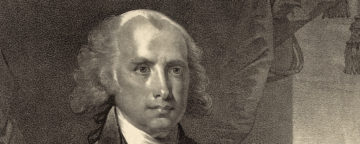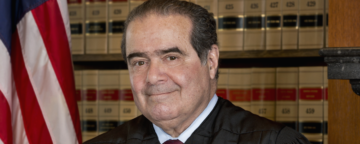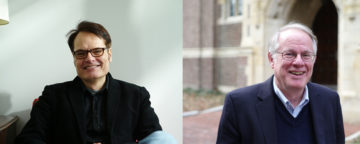Most Americans say it’s likely they would change their travel plans if they learned that their destination had a Zika virus outbreak, a new Annenberg Science Knowledge survey has found.


Michael Rozansky has worked as an editor, writer and reporter for 30 years. Before joining the Annenberg Public Policy Center as director of communications, he spent more than 20 years at the Philadelphia Inquirer, most recently supervising its arts and entertainment coverage. He has reported on the arts, media, business, politics, national and regulatory issues. Rozansky also developed and taught a class at Temple University on the history and practice of celebrity journalism. He received a bachelor’s degree in English and American literature from Brown University and a master’s degree in journalism from Columbia University’s Graduate School of Journalism.

Most Americans say it’s likely they would change their travel plans if they learned that their destination had a Zika virus outbreak, a new Annenberg Science Knowledge survey has found.

At this year's meeting of the American Association for the Advancement of Science, APPC Director Kathleen Hall Jamieson spoke about countering misuses of scientific findings, and five postdoctoral fellows presented posters.

"Implications of the Demise of 'Fact' in Political Discourse" has been published in the Proceedings of the American Philosophical Society, examining strategies used in partisan attacks on "fact" and reputable institutions.

One in five people incorrectly think that scientists have established that the use of vaccines or a pesticide can cause babies to be born with unusually small heads, according to an Annenberg Science Knowledge survey.

Half of Americans are concerned that the Zika virus spreading throughout Latin America will reach their neighborhoods, according to a survey conducted this month by the Annenberg Public Policy Center. The survey shows a high level of awareness but also confusion and misinformation about the virus.

A new report shows that many people who don't “believe” in evolution are still highly curious about science and engaged by a film about evolution, suggesting there is a “missing audience” for documentaries about science.

Supreme Court Justice Antonin Scalia was an originalist in his approach to the Constitution. In a 2008 video for Annenberg Classroom, he and Justice Stephen G. Breyer discussed theories of interpreting the Constitution.

In partnership with FactCheck.org and others, the Internet Archive has launched the Political TV Ad Archive to help journalists, researchers and the public understand the use of political ads in the 2016 elections.

Yale University law and psychology professor Dan Kahan, and the former top news executive at WHYY/NewsWorks, Chris Satullo, have joined the policy center for the spring semester.

The Annenberg Public Policy Center has been awarded a grant from the Robert Wood Johnson Foundation to identify a “Culture of Health” portrayed on popular TV shows. Studies will include Spanish-language shows.